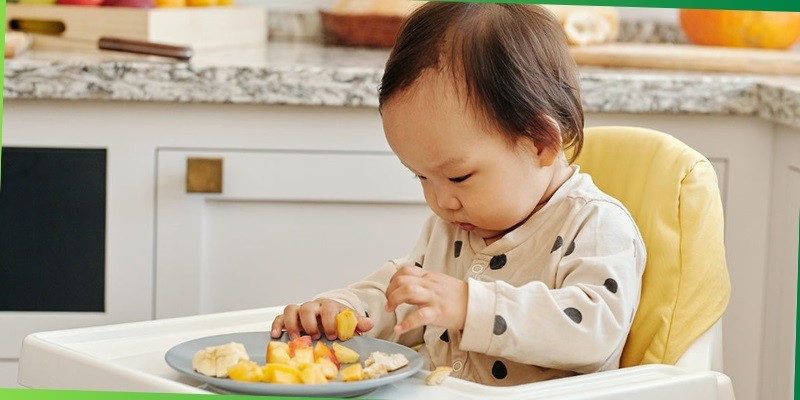Last Updated on May 29, 2024
Yes, you can eat persimmon during pregnancy. Consuming persimmons in moderation is safe and can provide several health benefits, such as promoting fetal growth and regulating blood pressure. However, it is important to avoid overconsumption to prevent digestive issues and consult with your doctor before including them in your diet.
Persimmons are a nutritious and delicious fruit that can be safely consumed during pregnancy when eaten in moderation. Rich in vitamins, minerals, and antioxidants, persimmons offer numerous health benefits for both the expecting mother and the developing fetus. This article explores the safety, nutritional value, and potential risks of eating persimmons during pregnancy.
What is Persimmon?
Persimmon, often referred to as “Nature’s Candy” or “The Fruit of the Gods,” is an orange, tomato-shaped fruit with a waxy texture. Native to China, persimmons belong to the Diospyros family. They can be enjoyed fresh, dried, or cooked and are commonly used in various dishes, including salads, smoothies, and baked goods. The two most popular varieties are Fuyu and Hachiya, each with distinct characteristics and culinary uses.
Nutritional Value of Persimmon
| Nutritional Value | Details |
|---|---|
| Calories | 118 per 168g serving |
| Carbohydrates | 31 grams |
| Protein | 1 gram |
| Fat | 0.3 grams |
| Fiber | 6 grams |
| Vitamin A | 15% of the daily value (DV) |
| Vitamin C | 20% of the DV |
| Potassium | High content |
| Manganese | High content |
| Antioxidants | Rich in tannins, flavonoids, and carotenoids |
Risks of Eating Persimmon During Pregnancy
Safe Ways to Eat Persimmon During Pregnancy
To safely enjoy persimmons during pregnancy, consume them in moderation and ensure they are fully ripe, especially the Hachiya variety, to avoid the astringent taste. Wash the fruit thoroughly to reduce the risk of foodborne illness. You can eat persimmons fresh, add them to salads, blend them into smoothies, or use them in baked goods for a nutritious treat.
Alternatives to Persimmon During Pregnancy
| Alternatives | Precautions |
|---|---|
| Apples | Ensure they are washed thoroughly to remove pesticides. |
| Oranges | Consume in moderation to avoid excessive vitamin C intake. |
| Berries | Opt for organic to reduce exposure to pesticides. |
| Bananas | Avoid overripe bananas to prevent high sugar intake. |
| Pears | Wash thoroughly and consume in moderation. |
Experts Tips
- Moderation is Key: Consuming 1-2 persimmons per day is generally safe and beneficial during pregnancy.
- Choose Ripe Fruits: Always opt for fully ripe persimmons to avoid the astringent taste and potential digestive issues.
- Consult Your Doctor: Before adding persimmons to your diet, discuss with your healthcare provider to ensure it aligns with your nutritional needs.
FAQs
Can I eat persimmons every day during pregnancy?
Yes, you can eat persimmons daily, but limit your intake to 1-2 fruits to avoid digestive issues and ensure a balanced diet.
Are there any side effects of eating persimmons during pregnancy?
Overconsumption can lead to digestive issues such as constipation or diarrhea. Rare allergic reactions may also occur.
How do I know if a persimmon is ripe?
A ripe persimmon will have a deep orange color and a slightly soft texture. Hachiya persimmons should be very soft before consumption.
Can persimmons help with pregnancy-related constipation?
Yes, persimmons are high in dietary fiber, which can help alleviate constipation during pregnancy.
Are dried persimmons safe to eat during pregnancy?
Yes, dried persimmons are safe and provide a concentrated source of fiber and nutrients. However, consume them in moderation to avoid excessive sugar intake.
Conclusion
Persimmons are a nutritious and safe fruit to consume during pregnancy when eaten in moderation. They offer numerous health benefits, including promoting fetal growth and regulating blood pressure. However, it is essential to avoid overconsumption and consult with your healthcare provider before adding them to your diet. By following these guidelines, you can enjoy the delicious and healthful benefits of persimmons during your pregnancy.







